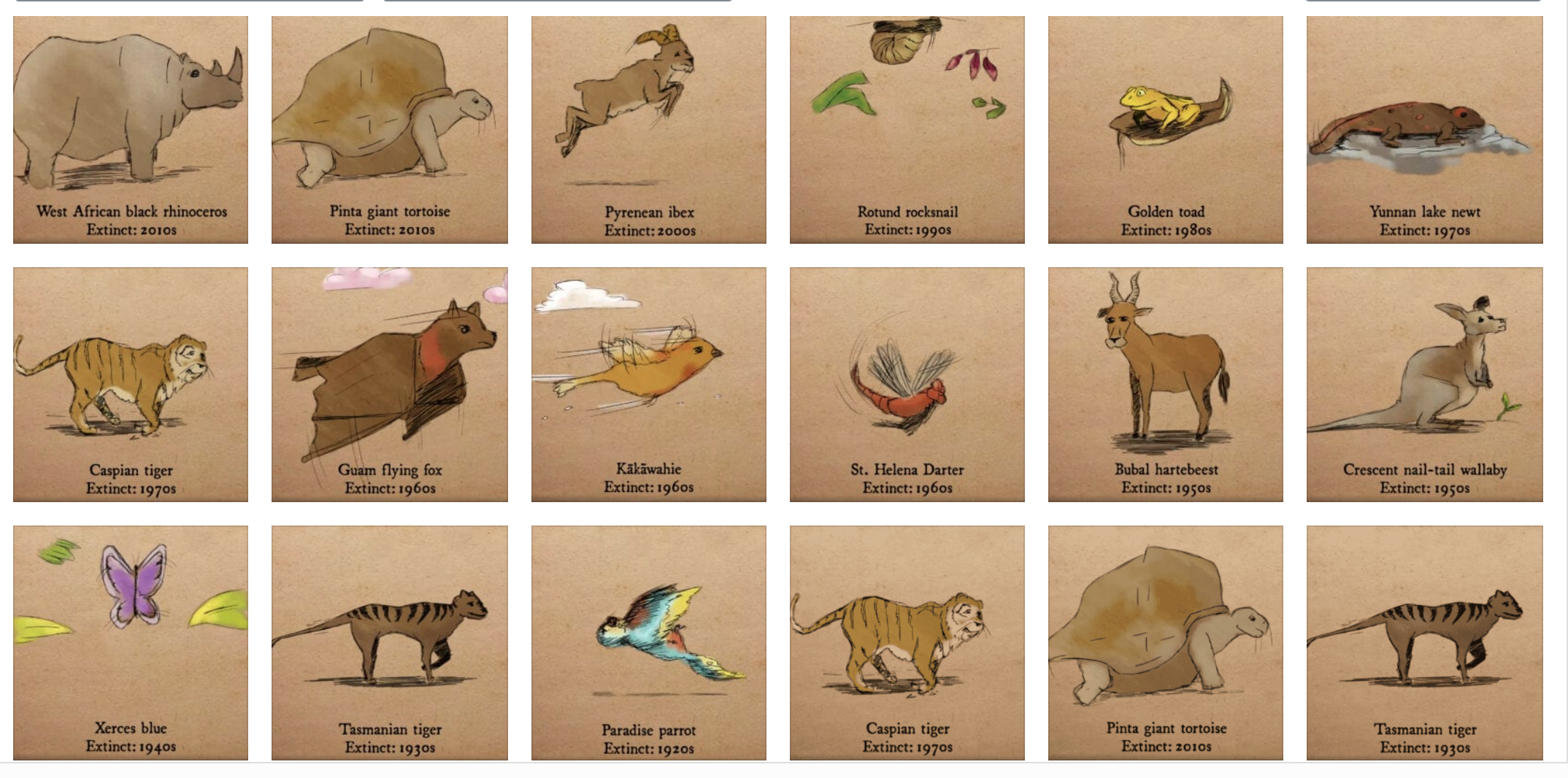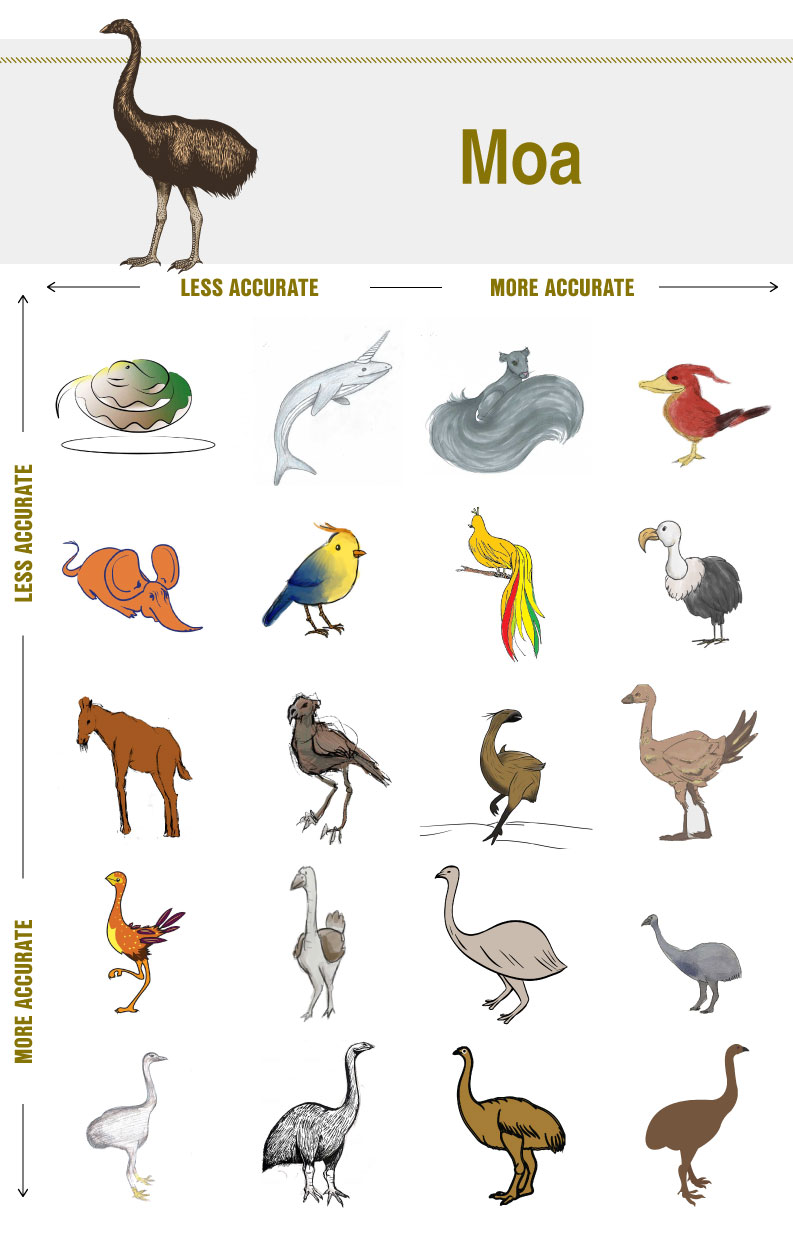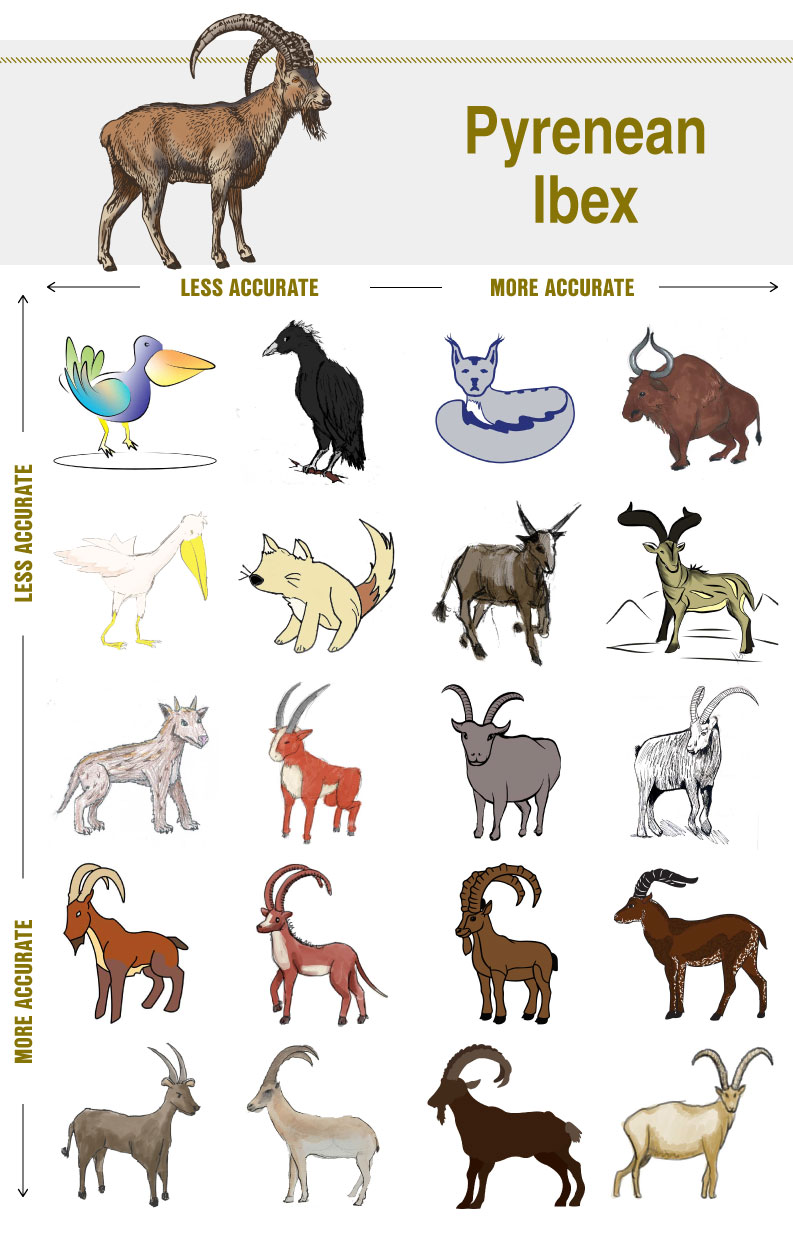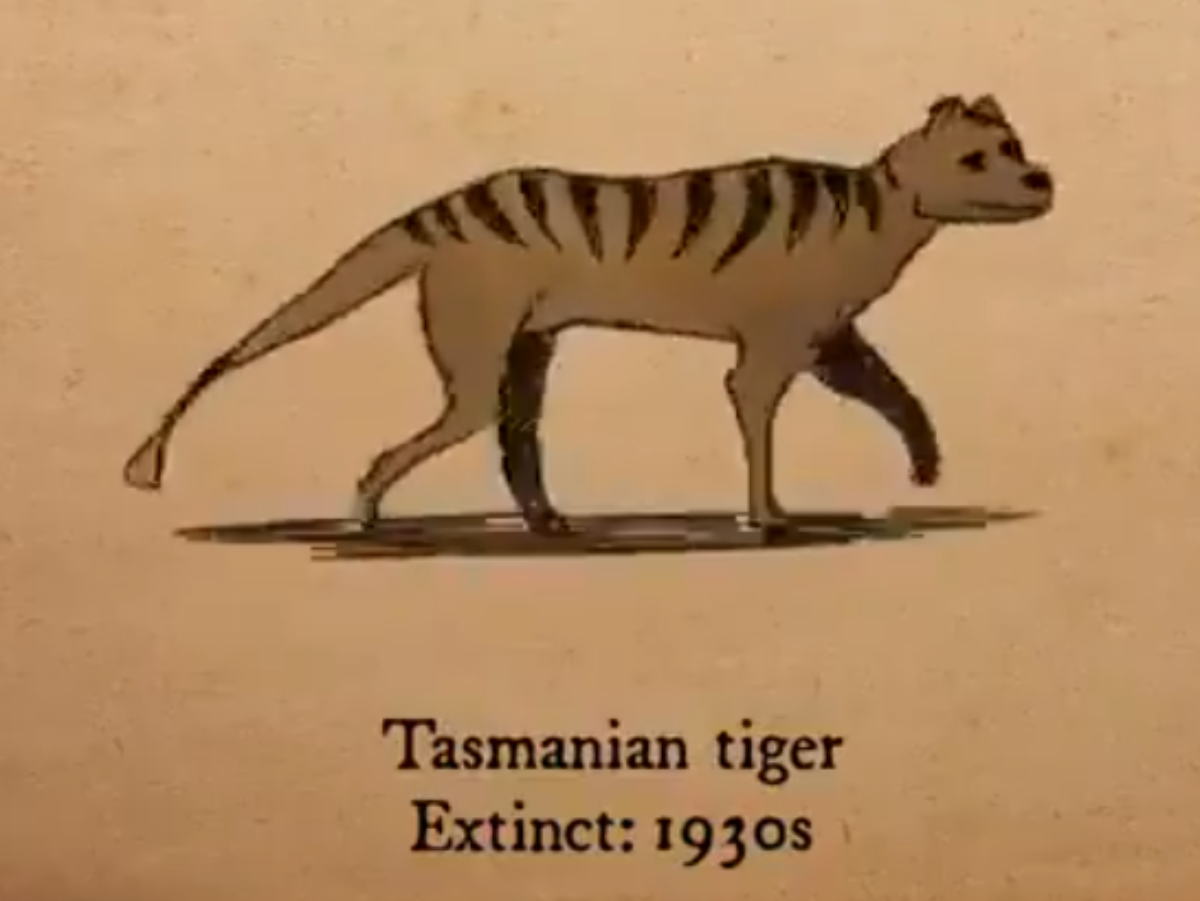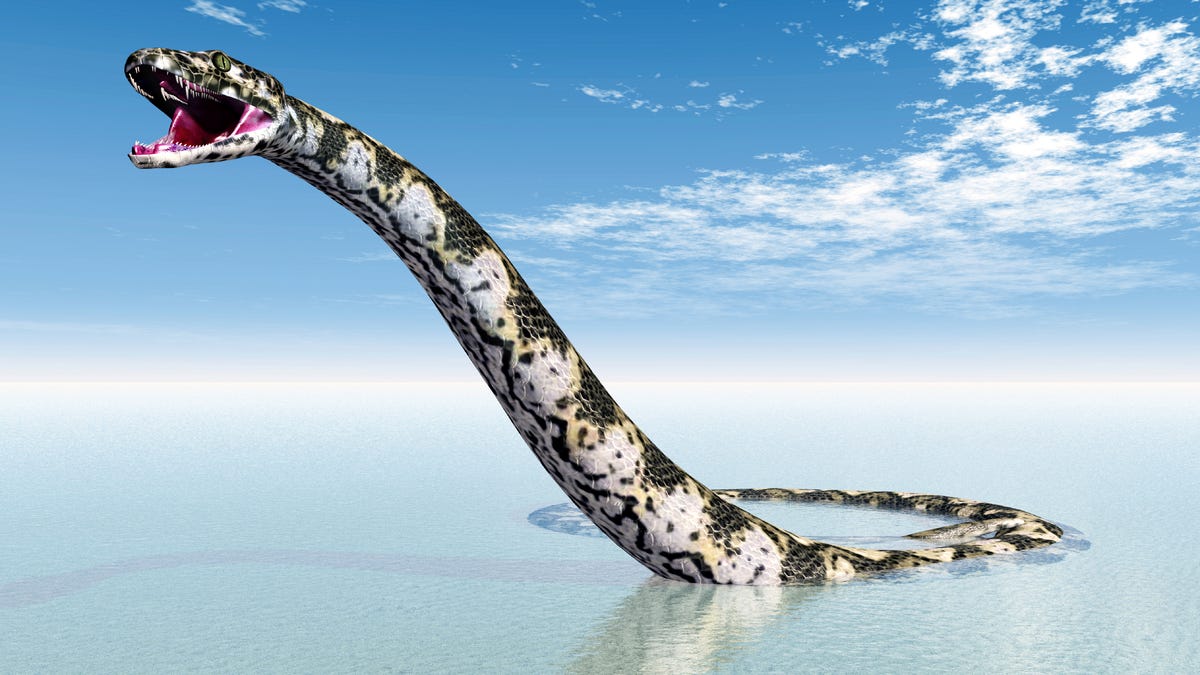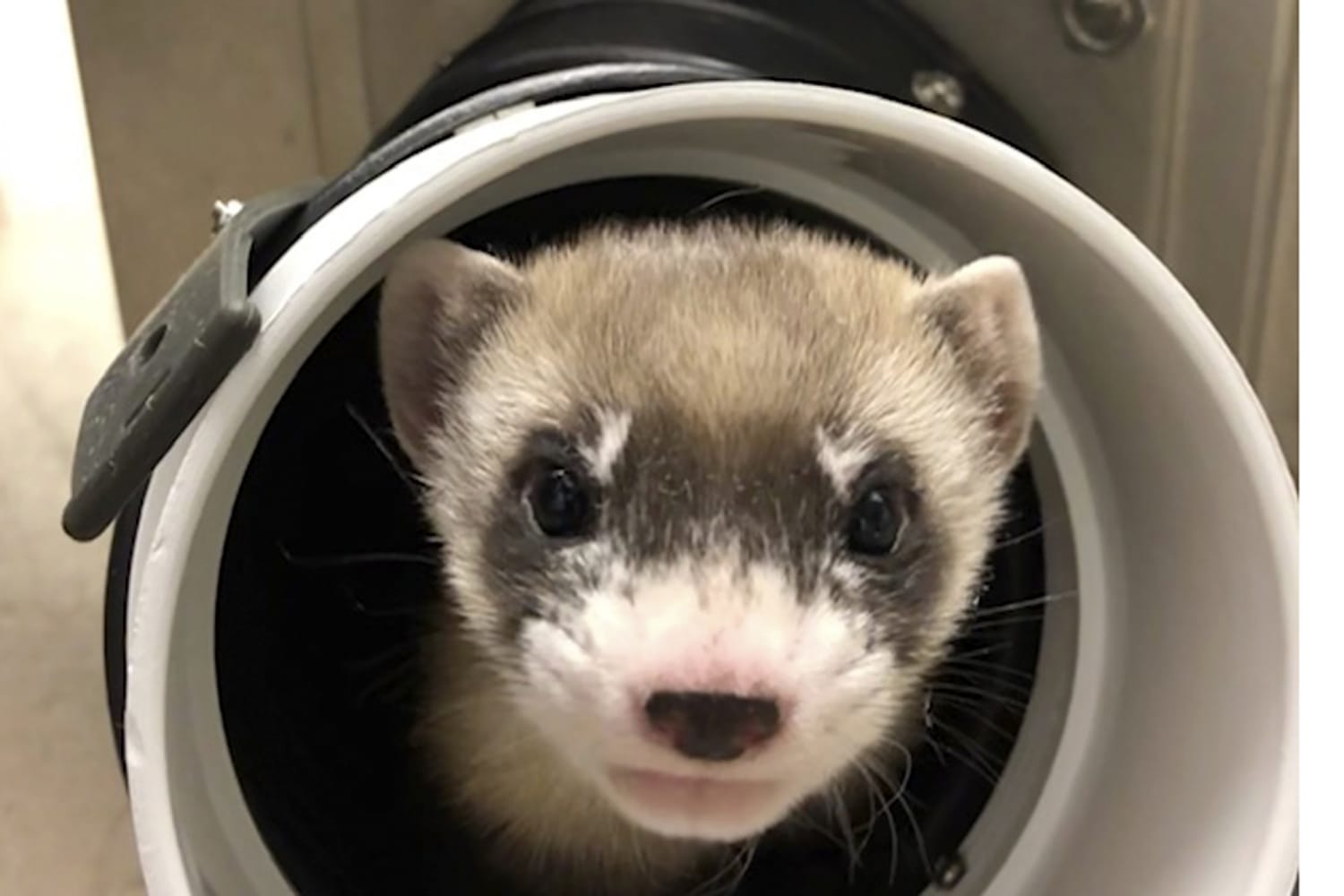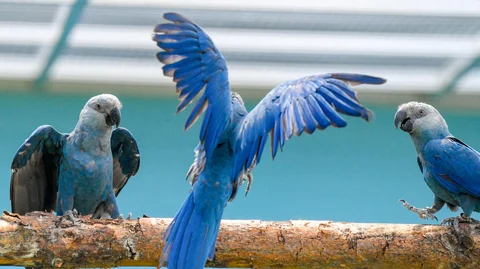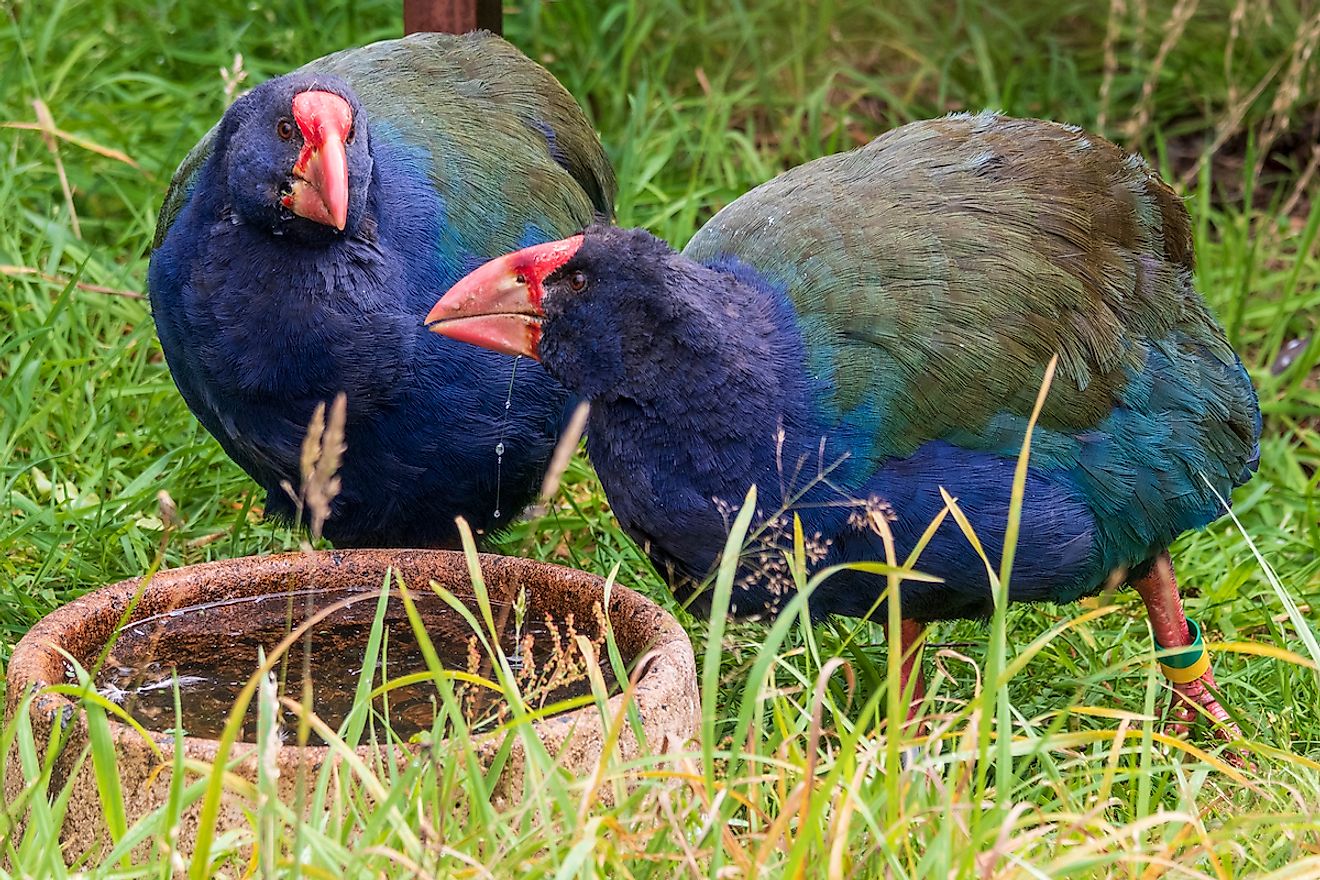Extinct Animals That Came Back 2020

By riley black march 9 2020 734 pm But due to speedy advancement in science specifically in biotechnology scientist are getting closer to bring back some of this extinct animals.
Extinct animals that came back 2020. These were flightless birds endemic to New Zealand that. These and all other non-avian dinosaurs became extinct at least 65 million years ago at the end of the Cretaceous Period. Do dinosaurs exist in 2020.
It is possible to bring back extinct animals and it has been done before james on may 08 2020. Seven Kiwi Animals that Went Extinct and Two That Came Back for International Students to Know. Five extinct animals that come back from the dead Variola better known in modern times as smallpox was an infectious disease that plagued humanity throughout recorded his.
If playback doesnt begin shortly try. 10 Animals That Came Back From Extinction. These Are The 11 Extinct Animals on the List to Be Brought Back to Life.
Scientists have come close to bringing an extinct species back to life for the first time with the birth of. Meet the animals that came back from extinction September 9 2020 in Environment While animals and plants have always come and gone we have seen a huge increase in the number of vertebrate animals that have disappeared since the 16th centuryalmost all because of human-related changes such as loss of habitat or over-hunting. 10 Animals That Came Back From Extinction - YouTube.
Species are being lost at an estimated 1000 times the background rate. August 24th 2020 at 1110 PM By Mike Wehner Researchers have spotted specimens of an incredibly rare species of elephant shrew for the first time in over half a century. Back from the abyss.
The study estimates that conservation action between 1993 and 2020 saved up to 48 species of birds and mammals from extinction and that the rate of extinction. The last time anyone recorded a sighting of the Somali elephant shrew was almost 50 years ago after which it was assumed to have become extinct. Skip to main content Live Science.
